63 pages • 2 hours read
Mark Twain, Charles Dudley WarnerThe Gilded Age: A Tale of Today
Fiction | Novel | Adult | Published in 1873A modern alternative to SparkNotes and CliffsNotes, SuperSummary offers high-quality Study Guides with detailed chapter summaries and analysis of major themes, characters, and more.
Important Quotes
“Cain’t tell for sartin; some thinks he’s gwyne to be ‘long toreckly, and some thinks ‘e hain’t. Russ Mosely he tote ole Hanks he mought git to Obeds tomorrer or nex’ day he reckoned.”
(Chapter 1, Page 1)
The novel’s opening scene demonstrates a defining aspect of Mark Twain’s writing style: his use of dialect. He wrote during a time when American literature was constrained by traditions of formality and aristocratic sophistication. Seeking to separate their identity from that of England, American writers looked for ways to reflect distinctly American lives and experiences. Twain’s use of regional American dialects forms part of that larger project. In The Gilded Age, various dialects lend authenticity to the story’s setting and characters.
“We’ll never see the day, Nancy—never in the world—never, never, never, child. We’ve got to drag along, drag along, and eat crusts in toil and poverty, all hopeless and forlorn—but they’ll ride in coaches, Nancy! They’ll live like the princes of the earth; they’ll be courted and worshiped; their names will be known from ocean to ocean!”
(Chapter 1, Page 3)
“A jury of inquest was impaneled, and after due deliberation and inquiry they returned the inevitable American verdict which has been so familiar to our ears all the days of our lives—‘NOBODY TO BLAME.’”
(Chapter 4, Page 20)
This verdict refers to the explosion of the Amaranth, which was caused by the crew’s recklessness and complete disregard for safety measures. The jury’s conclusion that nobody is to blame represents a critique of society’s rejection of accountability. Elsewhere in the novel, those in power take advantage of those without. These corporations, business tycoons, and politicians are never held accountable for their actions.
Related Titles
By these authors

A Connecticut Yankee in King Arthur's Court
Mark Twain
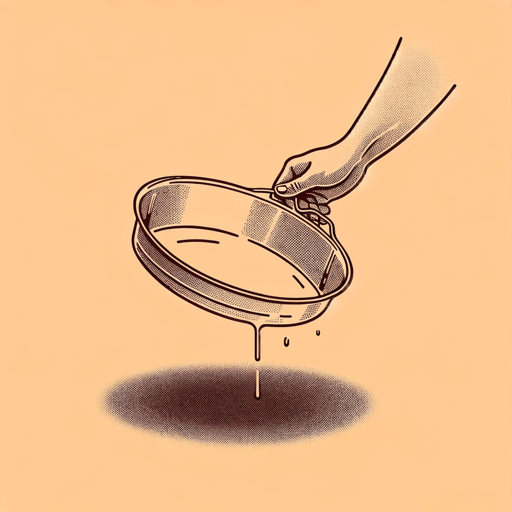
A True Story
Mark Twain

Letters from the Earth
Mark Twain
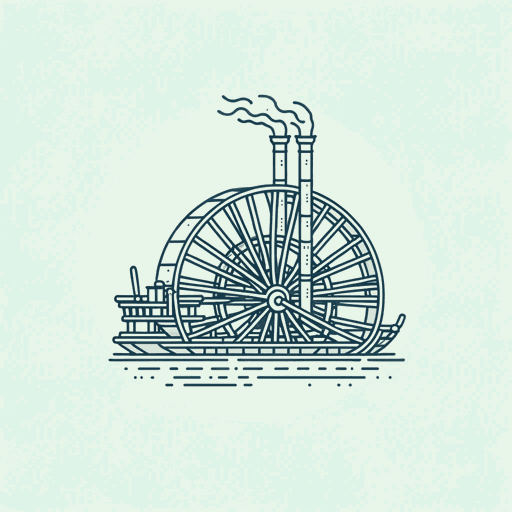
Life on the Mississippi
Mark Twain
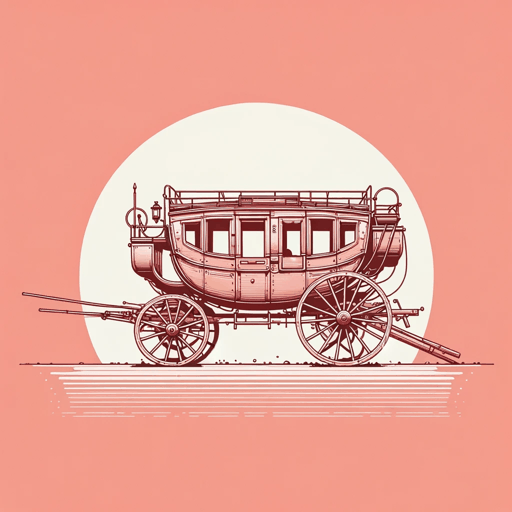
Roughing It
Mark Twain

The Adventures of Huckleberry Finn
Mark Twain

The Adventures of Tom Sawyer
Mark Twain

The Autobiography of Mark Twain
Mark Twain

The Celebrated Jumping Frog of Calaveras County
Mark Twain
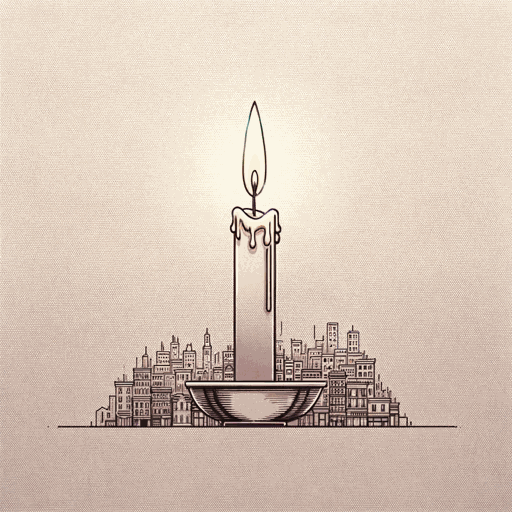
The Innocents Abroad
Mark Twain

The Invalid's Story
Mark Twain

The Man That Corrupted Hadleyburg
Mark Twain
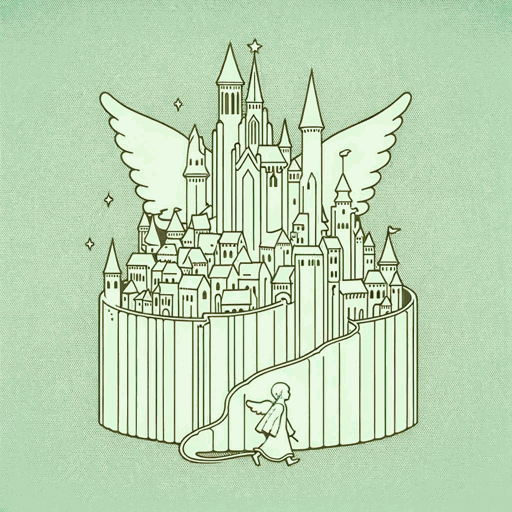
The Mysterious Stranger
Mark Twain

The Prince and the Pauper
Mark Twain

The Tragedy of Pudd'nhead Wilson
Mark Twain

The War Prayer
Mark Twain

